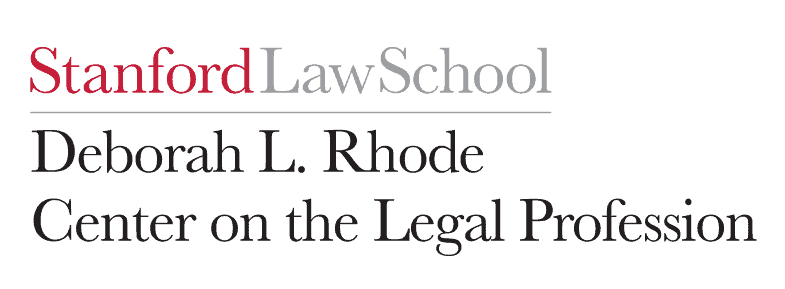LATEST UPDATES
Menu

The Legal Innovation Clearinghouse is the only national database tracking new legal service entities authorized in states which have approved major reforms to the regulation of legal services. In particular, the database tracks those jurisdictions which have implemented the authorization and regulation of entities (“entity regulation”), in addition to the more traditional regulation of individual providers such as lawyers.
The Clearinghouse expands upon the analysis of the Rhode Center’s report published in September 2022. It operates as a searchable database and repository of original source documents, as well as providing analytical insights to further our understanding of what innovation might be driven through legal regulatory reform. The goal of the Clearinghouse is to provide all stakeholders, including members of the judiciary, the bar, the public, the media, and the academy, one place in which to access insights into innovative legal services.
Below we highlight insights from the data.
Two states, Utah and Arizona, implemented entity regulation starting in late 2020 / early 2021. Each state, however, has taken a different approach. As of December 2023, according to publicly available data, there are 114 entities authorized across both states.
The regulatory reforms are spurring significant innovation in how legal services are being funded, structured, and delivered. We developed a descriptive taxonomy for identifying and understanding these innovative models.

Traditional law firms making changes: Take non-lawyers into equity ownership or non-lawyer investment to expand

Law companies practicing law: Provide legal services with non-lawyer ownership (e.g. LegalZoom, Hello Divorce)
Intermediary platforms: Take marketplaces (connect consumers with lawyers)
Non-law companies expanding into law: New entrants: holistic “one-stop-shops” (e.g. law+accounting) and offshoot services (e.g. travel services–visas)

Entities using non-lawyers and tech to practice law: New ways to provide legal services, may also have non-lawyer investors or owners
A jurisdiction’s choice of regulatory approach seems to have some effect on the kinds of innovative entities emerging. The Utah sandbox allows entities to seek waivers of the unauthorized practice of law as well as allowing nonlawyer ownership of legal service entities. The sandbox contains the only entities, all of them non-profits, that report that they primarily serve indigent and low-income people via trained nonlawyer providers.
Most new entities have some percentage of nonlawyer ownership and a majority have more than 50 percent nonlawyer ownership.
Many entities are using both technology and other innovations to deliver services in new ways, mostly to consumers and small businesses.
